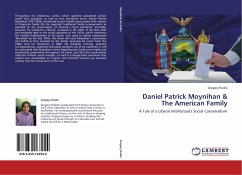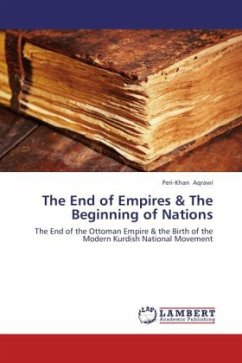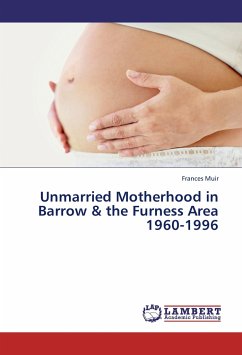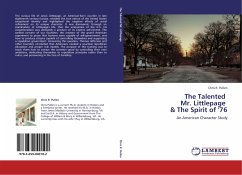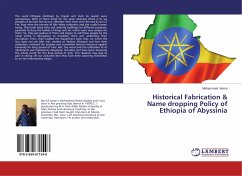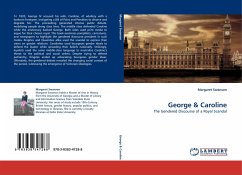Throughout his industrious career, which spanned subcabinet service under four president as well as four senatorial terms, Daniel Patrick Moynihan (1927-2003) consistently found himself preoccupied with notions of American family life. He regarded traditional family arrangements as essential to the preservation of America's moral backbone. Ironically, however, he remained a "liberal", wrapped in the cloth of the New Deal and decidedly deaf to the social upheavals of the 1970s, which overthrew the familial traditionalism of his youth, and came to define mainstream "liberalism" by the late 1970s. This thesis will track Moynihan s ruminations and beliefs as they touched on the family, spanning his career from the 1960s until his retirement in 2000. His academic writings, personal correspondences, speeches and policy positions will all be examined. It will be contended that Moynihan's views regarding the family were highly and consistently conservative throughout his career, and thatthis conservatism reflected Catholic social thought, as well as a deeply held conviction that culture was unavoidably an organic and inherited process by necessity coming from the family and not the stat
Bitte wählen Sie Ihr Anliegen aus.
Rechnungen
Retourenschein anfordern
Bestellstatus
Storno

